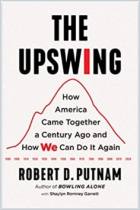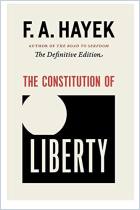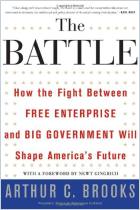Rabbi Lord Jonathan Sacks was an international religious leader, philosopher and respected moral voice. In this book, he asks how democracies, having enshrined the individual, can revive the “We” in “We, the people?” His teachings are that morality binds people together in common purpose, fighting social ills instead of each other. In this analysis of the human condition, Rabbi Sacks makes the case for a shared moral code, a human covenant, and he offers wisdom to live by.
“With liberal democracy embattled, public discourse increasingly toxic, family life endangered, and drug abuse and depression on the rise, many people fear what the future holds.”
Political conflict, social unrest, economic uncertainty, environmental change, the list of concerns plaguing the world seems overwhelming. What happened? How did the situation become so bleak? Society lost sight of what makes modern liberal democracies flourish. The systems people rely on stumbled. Government, capitalism and morality are no longer working as they should for society to function at its best.
Government protects people, property and rights. Capitalism generates and distributes goods and wealth. Morality is the system that holds these forces to a shared code and builds trust and common purpose. Government and capitalism, two of these systems, are competitive. Internal interests vie for political power and commercial gain. But, morality is cooperative and collaborative. Morality impels people to act for the greater good. It engenders altruism and even sacrifice. It is centered on “We,” as in “We, the people…”
A caring society can...
Rabbi Lord Jonathan Sacks was an internationally celebrated moral philosopher and religious scholar. He was the author of more than 30 books; a frequent and sought-after contributor to radio, television and the press both in Britain and around the world; Chief Rabbi of the United Kingdom and the Commonwealth from 1991-2013, and the recipient of the 2016 Templeton Prize.
















Comment on this summary or Start Discussion